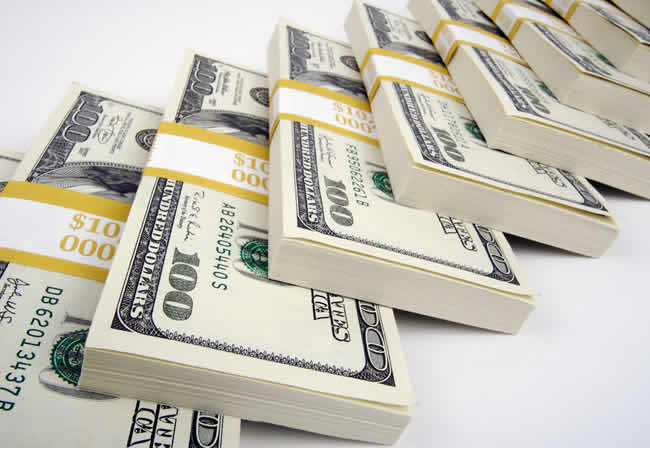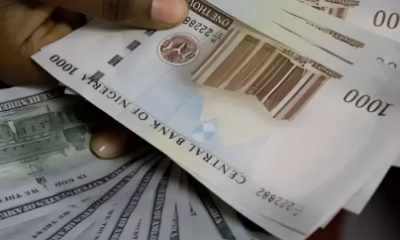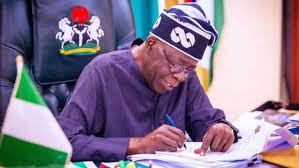Nigeria’s external reserves fell to $33.9 billion on Wednesday, July 19th, 2023 its lowest level in two years.
This is according to data from the Central Bank of Nigeria obtained from its website. The apex bank regularly updates its external reserves data.
CBN reported that Nigeria’s foreign reserves fell to $33.9 billion on Wednesday, July 19, below the $35.14 billion reported on May 26, three days before former President Muhammadu Buhari left office.
The international reserves have been dwindling under President Bola Tinubu. Since he took over office from Buhari, the external reserves went down by 3.32 per cent.
Since the external reserves hit $34.01 billion on August 31, 2021, it has been hovering above that figure until Tuesday and Wednesday, when the foreign reserves slumped to $33.99 billion and $33.98 billion, respectively.
READ ALSO: Naira settles at N768/$1, Pounds sterling hits N1125/£1 at official market
The decline in the international reserves followed Tinubu’s foreign exchange reform meant to strengthen the naira against the dollar.
Tinubu suspended the governor of the CBN, Godwin Emefiele, to enable a review of the forex policies under the former apex bank chief.
Some of the reforms by Tinubu are the devaluation of the naira, and unification of the multiple foreign exchange rates, which resulted in the merging of all the official rates into the Investors’ and Exporters’ window.
In the short term, the reforms are struggling to ramp up the foreign reserves which have dropped $1.16 billion within two months.
Amid the reforms, the exchange rate between the naira and the dollar has been pushed to N768/$1 as of Thursday, from the N471.67/$1 reported a day before the devaluation of the Nigerian currency on June 14, 2023
Tinubu’s reforms are doing the opposite of their objective in the short term, although the World Bank and International Monetary Fund (IMF) have been calling for such reforms to boost Nigeria’s economy.

 Entertainment6 days ago
Entertainment6 days ago
 Health1 week ago
Health1 week ago
 Health4 days ago
Health4 days ago
 Football1 week ago
Football1 week ago
 Football1 week ago
Football1 week ago
 Crime4 days ago
Crime4 days ago
 Education6 days ago
Education6 days ago
 Crime1 week ago
Crime1 week ago













